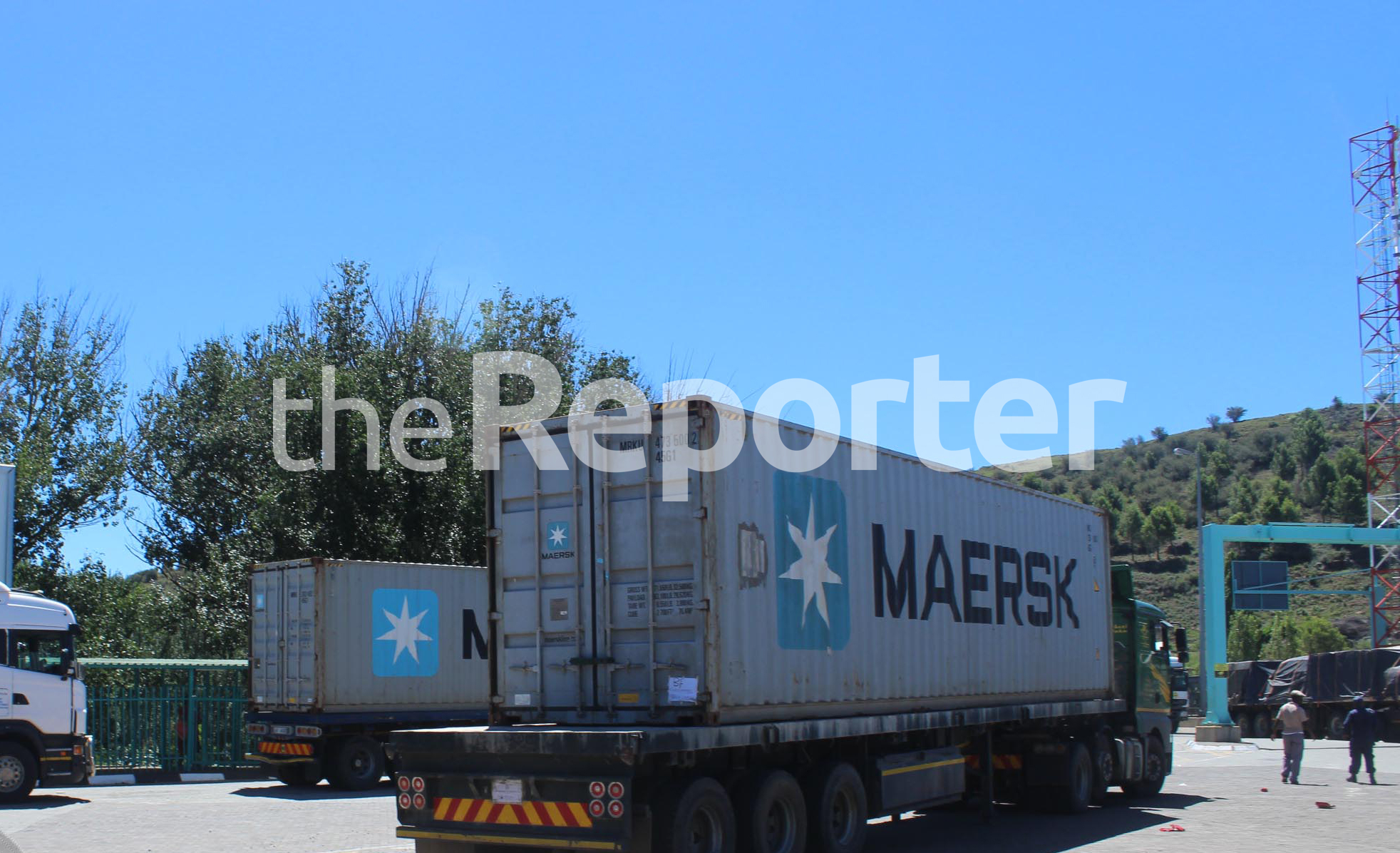By Staff Reporter
With trading at the African Continental Free Trade Area (AfCFTA) agreement commencing on January 1 2021, Lesotho has become one of the latest countries to formalize their ratification of the agreement.
African Union Heads of State and Government have underscored the urgent need for member states to kick-start trading activities, under the AfCFTA. The decision was adopted during a virtual meeting of the 13th Extra Ordinary Session of the Assembly of the Union on the AfCFTA, held on December 5 2020. The summit took place just four weeks before the AfCFTA commences trading on January 1 2021, to consider the adoption of the legal instruments that will facilitate its operation.
The general objectives of the agreement are to create a single market, deepening the economic integration of the continent; establish a liberalised market through multiple rounds of negotiations; aid the movement of capital and people, facilitating investment; move towards the establishment of a future continental customs union; achieve sustainable and inclusive socio-economic development, gender equality and structural transformations within member states; enhance competitiveness of member states within Africa and in the global market; and encourage industrial development through diversification and regional value chain development, agricultural development and food security.
Along with Tunisia, Lesotho submitted its instruments of ratification to the African Union Commission (AUC) which is the depository of the instrument on November 2, bringing the number of countries that have now submitted their instruments of ratification to 32.
All eyes are now on 22 countries yet to ratify the treaty. They are Benin, Botswana, Burundi, Cape Verde, Central African Republic, Comoros, Democratic Republic of the Congo, Guinea-Bissau, Liberia and Libya. The others are Madagascar, Malawi, Morocco, Mozambique, Nigeria, Seychelles, Tunisia, Somalia, South Sudan, Sudan, Tanzania and Zambia.
The AfCFTA agreement entered into force in May, 2019 after the treaty was ratified by 22 countries — the minimum number required under the treaty, out of the 54 that agreed to be members of the bloc. Eritrea is the only country which has yet to make any commitment to the continental body.
Trading was earlier scheduled to start on July 1 this year but it was postponed for six months owing to the COVID-19 pandemic.
The AfCFTA provides the opportunity for Africa to create the world’s largest free trade area with the potential to unite more than 1.2 billion people in a $2.5 trillion economic bloc and usher in a new era of development. It has the potential to generate a range of benefits through supporting trade creation, structural transformation, productive employment and poverty reduction.
The ECA through its African Trade Policy Centre has been working with the AU to deepen Africa’s trade integration through the effective implementation of the agreement by supporting the AfCFTA ratification process through policy advocacy.
The ECA is also supporting the member-states to develop national strategies for the implementation of the AfCFTA. The ECA is working with partners, including the AUC, International Trade Centre (ITC), the UN Conference on Trade and Development (UNCTAD) and a selection of independent trade experts with the financial support of the European Union (EU) to support the implementation of the AfCFTA across the continent.
A member of the World Trade Organisation since May 1995, Lesotho – a landlocked country surrounded by South Africa – has experienced economic and political changes over the last two decades.
The changes have involved shifts from dependence on subsistence agriculture and remittances, by the diaspora in South Africa, toward intensified mining, water exports, manufacturing exports, and services. The main exports from the country include manufactures (mainly textiles, clothing, footwear and other consumer goods); Agricultural products (food and raw materials); and, mining products. Lesotho’s main trade partners are mainly South Africa, United States (AGOA), Canada, the European Union and Madagascar.
In terms of the business environment, Lesotho ranked 136th out of 189 economies in the World Bank’s 2014 Doing Business Survey. The Government’s long-term development goals are reflected in its “Vision 2020”, issued in 2002; and, the National Strategic Development Plan (NSDP) approved in March 2012.
The International Trade Centre’s on-going work in Lesotho aims to develop national capacity in the production and marketing of high-value Fresh Fruit and Vegetables (FFVs) and developing of value chains in the agriculture sector. This is important to the country as part of the SADC, SACU and Lesotho will benefit from the tripartite agreement covering SADC, COMESA and EAC. This new development will require serious negotiations on Trade Facilitation issues as well as attracting inward FDI for critical transformation.
































